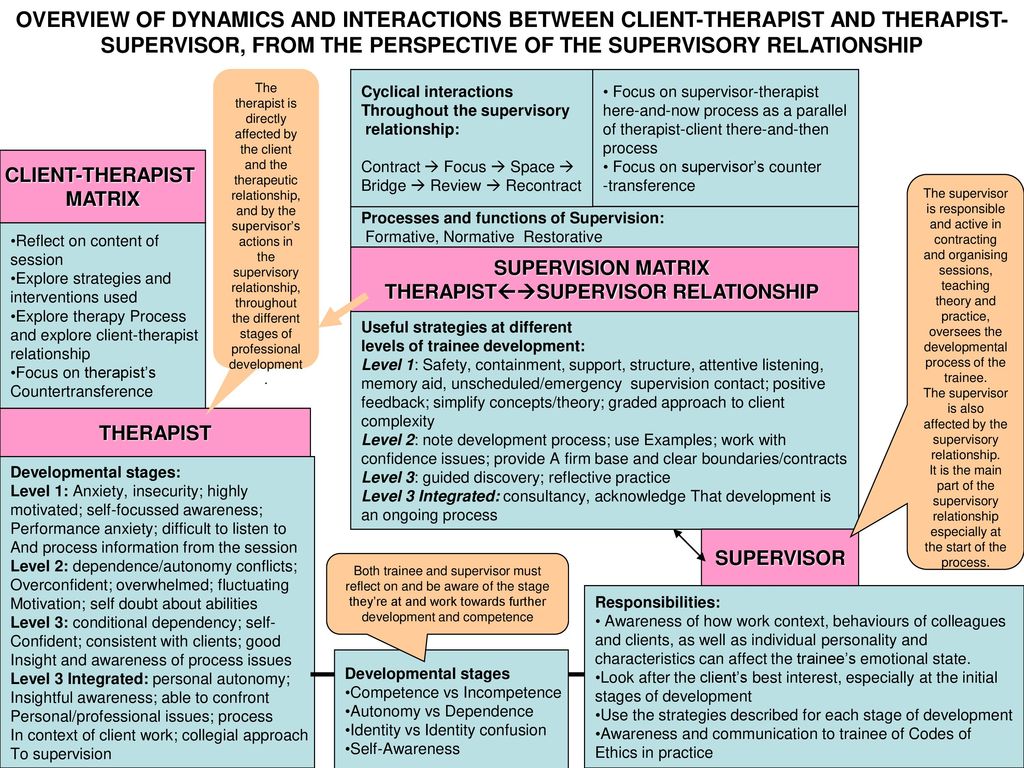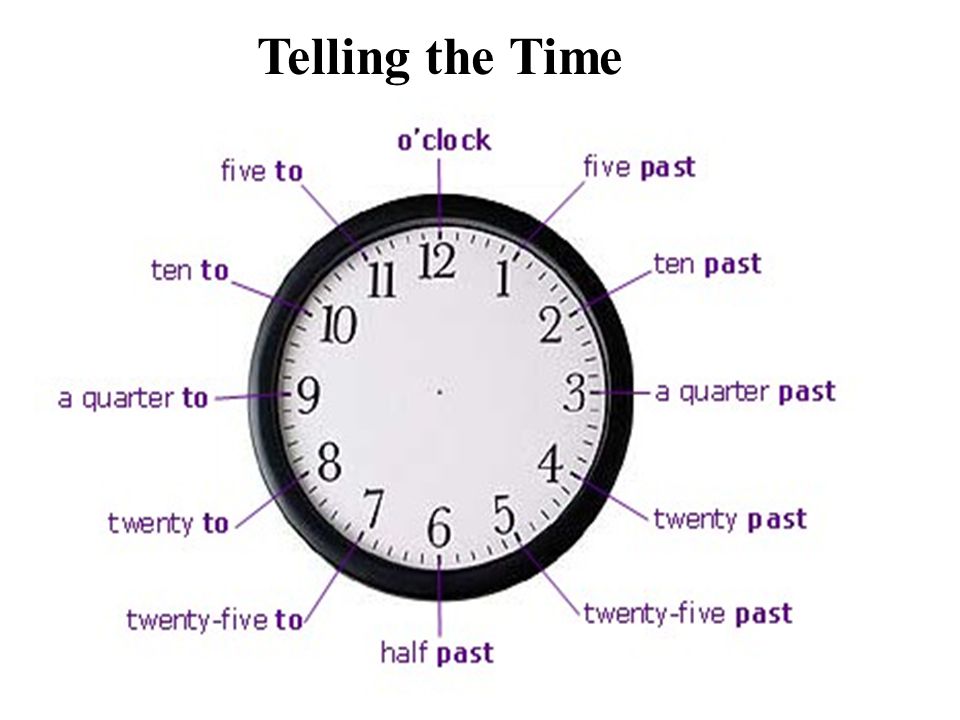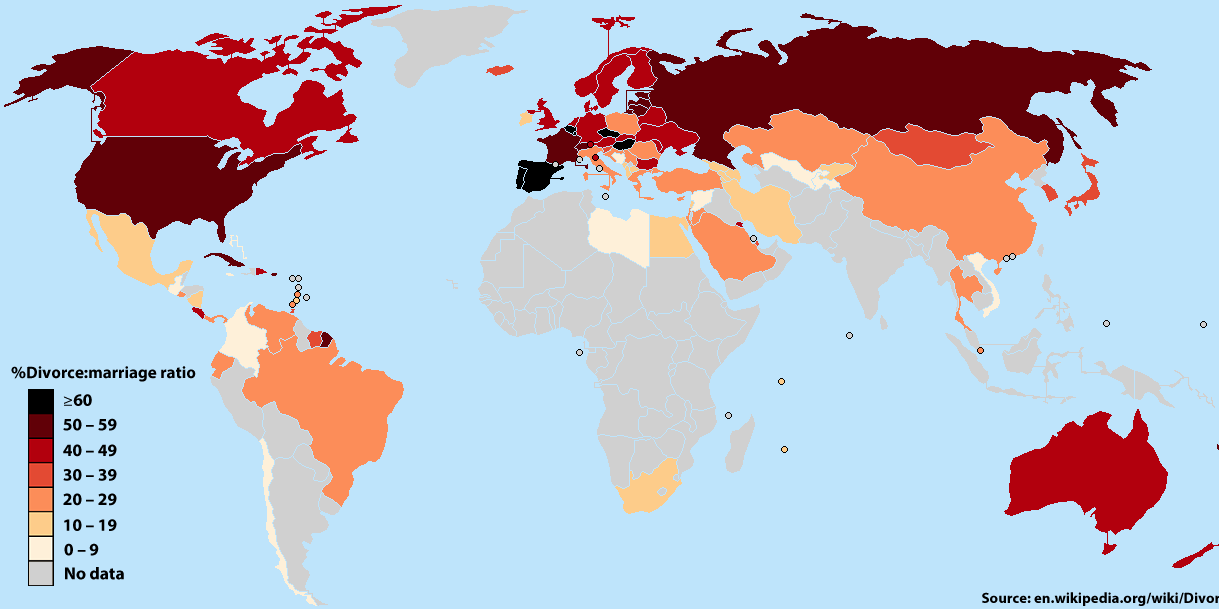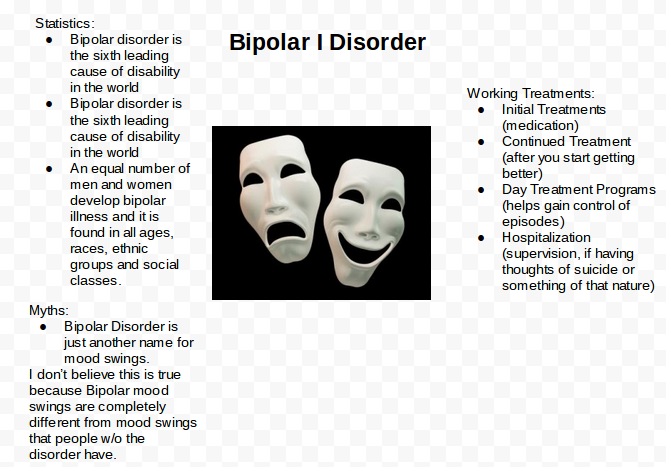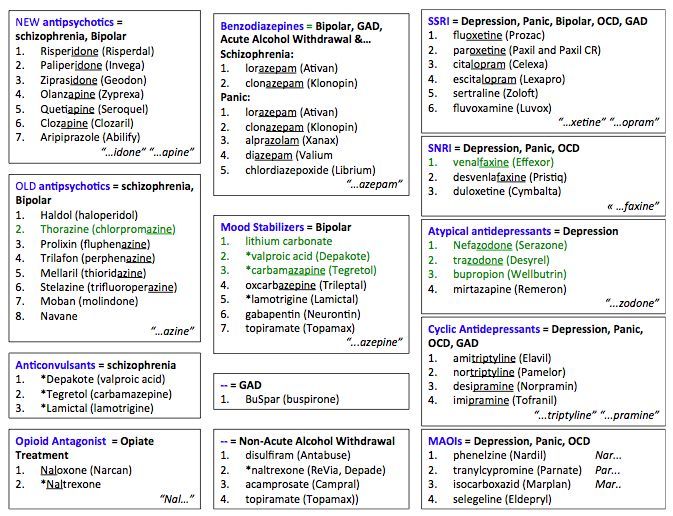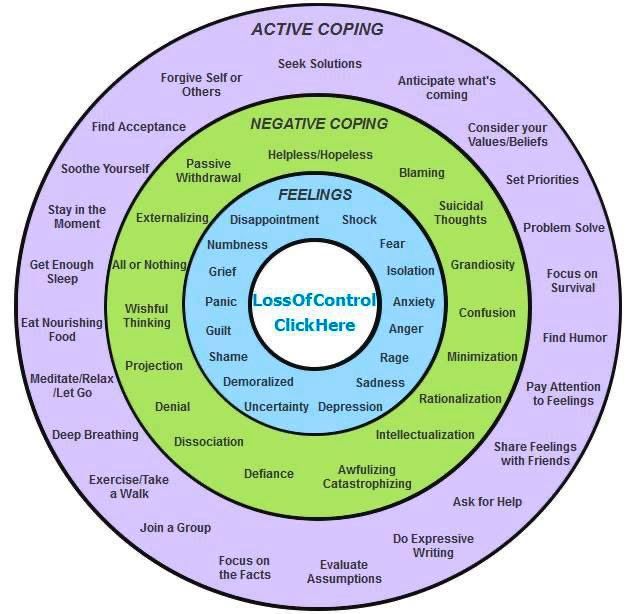Funny facts about teens
Weird And Wonderful Facts About Teenagers
View all articles
Thinking Parenting Blog
- Teenagers
As the parent of teenagers, I have found that knowing a little bit about their internal mechanisms really helps me keep some of their less desirable behaviour in perspective. So, for your amusement and edification, here are a few weird and wonderful facts about teenagers that might explain why they do the things they do….
Teenagers can’t remember future tasks
Teenagers have poor prospective memories which means they are not very good at holding things in their heads to remember to do later. When you nag them, it really does go in one ear and out the other. Teaching teens to use props like timetables, planners and checklists can help get them organised (see Teaching teens self-organisation skills).
Teenagers’ brains are wired to take risks
During adolescence our brains undergo a major rewiring to increase transmission speed and weed out unnecessary connections, a bit like a final hardware upgrade before adulthood. The brain regions associated with planning and decision-making (located in the frontal lobes) are finished last, which means the part of the brain used to weigh up risks and make balanced decisions is not fully functioning in teenagers. Teens need parents to act as their risk assessing pre-frontal lobes while their own are still developing.
Teenagers are more prone to addiction
Levels of the feel-good chemical dopamine are lower in the teenage brain. But when teens get something they want, their brains release more dopamine than an adult’s. Which means their highs are higher and from a lower base. That’s a huge neurological pay-off when things feel good – which can drive teens to repeat feel-good behaviour and makes them more vulnerable to addiction.
Teenagers believe you are being hostile (even when you aren’t)
Because the rational front part of their brains is underdeveloped, teenagers tend to rely on the more primitive back brain to interpret people’s facial expressions. This part of the brain is sensitized to danger and threat and is therefore more likely to detect hostile emotions when these aren’t actually present. Encouraging teenagers to talk about emotions (‘speak before you leap’) can help keep them out of trouble. And try not to join in when they fly off the handle unnecessarily (see How do I cope with teenage tantrums?)!
This part of the brain is sensitized to danger and threat and is therefore more likely to detect hostile emotions when these aren’t actually present. Encouraging teenagers to talk about emotions (‘speak before you leap’) can help keep them out of trouble. And try not to join in when they fly off the handle unnecessarily (see How do I cope with teenage tantrums?)!
Teenagers naturally fall asleep late and wake up late
Melatonin, the hormone that makes you sleepy, is released later at night in a teenager’s brain and hangs around for longer the next day. That’s why teens often don’t feel sleepy until after 10pm and can be groggy in the mornings. But because their brains are growing at a phenomenal rate, teenagers need a lot of sleep (as much as toddlers!). There is a direct link between the amount of sleep a teenager gets and their grades at GCSE, so parents need to do everything they can to help them get their full 9-10 hours a night.
Teenagers’ sense of smell is less developed than an adult’s
OK, so I don’t actually know if this is really true but it is the only explanation I can find for the odours seeping out from under my teenage boys’ bedroom doors! Whether it’s choking on clouds of perfumed body spray or braving the stale fug of hormones and dirty socks in a teenager’s room, parents of teenagers get used to living with some very strong smells!
Enjoyed this? Sign up to monthly newsletters for more.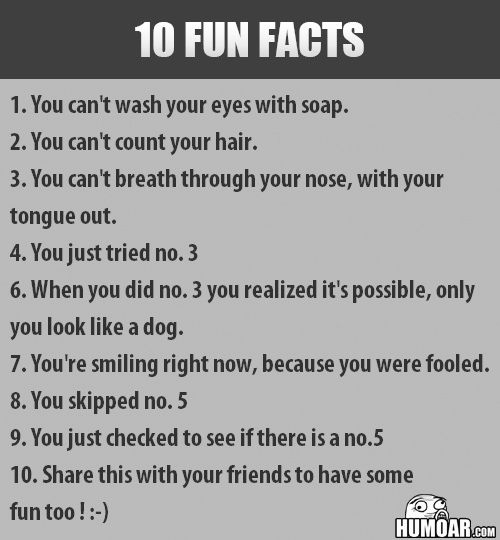
Share this article:
The Work/Parent Switch.
By Anita Cleare
Not sure where to start?
Practical tips on how to be the parent your child needs and create happy family dynamics (but still do your job!)
Buy Now
Related Articles
View all
- Teenagers
- Behaviour
How to discipline a teenager?
Parenting a teenager can feel very disempowering. Discipline strategies we used when they were younger just don’t work any more. We can’t put them on the naughty step or make them go to...
6 Reasons Your Children Should Do Chores
The main reason parents don’t make their children do chores is because, frankly, it’s just easier and quicker if we do things ourselves. We know that children should do chores but it...
How outdoor adventures help kids discover their maverick mode
This is a sponsored post by PGL, providers of Kid’s Adventure Holiday Camps for independent children aged eight-16. In this post PGL explore the importance of solo-holiday adventure for young...
In this post PGL explore the importance of solo-holiday adventure for young...
Balancing safety and independence in children’s lives
When it comes to balancing safety and independence in children’s lives, we live in an era when risk-averse parenting is the norm. Children now spend more time being supervised by adults, more...
20 Facts That Will Make You So Happy You're Not a Teen Right Now — Best Life
If you judge solely by pop music, being a teenager is epic and effortless. "Tonight, we are young, so let's set the world on fire," the band Fun. sings triumphantly about the awesomeness of teen living. Sounds great—unless you've ever been a teenager yourself, and then you know it's totally bogus.
Not only are teens today not "setting the world on fire" with any regularity, but they're also struggling to get through the day with even a shred of self-esteem and a healthy resting heart rate. The only people who think teenage years are the best years of life are those too far removed from their youth to remember it with anything remotely accurate.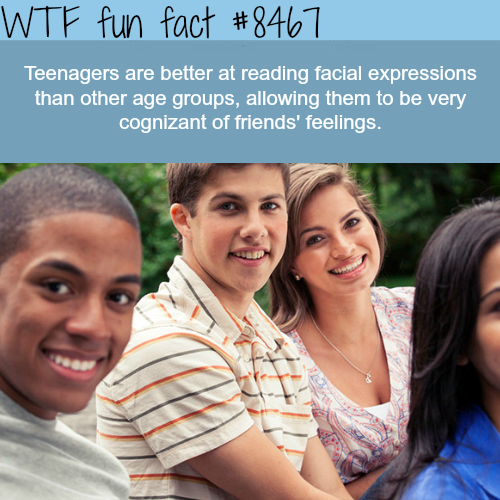 Also, the teenage experience has gotten substantially worse in recent years, thanks to things like the Internet and social media, and neurologists are actually busy studying teenage brains right now to find out exactly how bizarre things are getting.
Also, the teenage experience has gotten substantially worse in recent years, thanks to things like the Internet and social media, and neurologists are actually busy studying teenage brains right now to find out exactly how bizarre things are getting.
If you've been having a rough day, we have just the pick-me-up for you. Here are 20 facts that will remind you how excruciatingly awful it can be to inhabit a teenage body, why it's harder now than ever before, and why you are so, so lucky to have those years in your rearview mirror. So read on—and to learn more ways that today's teens have it much worse, check out these 27 Ways High School Has Gotten So Much More Horrifying Since You Were a Teen.
ShutterstockIt's amazing that teens today have any free time to interact with the outside world, given how much time they devote to what's happening on the Internet. According to a report from Common Sense Media, teens spend an average of nine hours online every day. (And if you thought high school bullies were bad, wait until you hear about cyberbullies.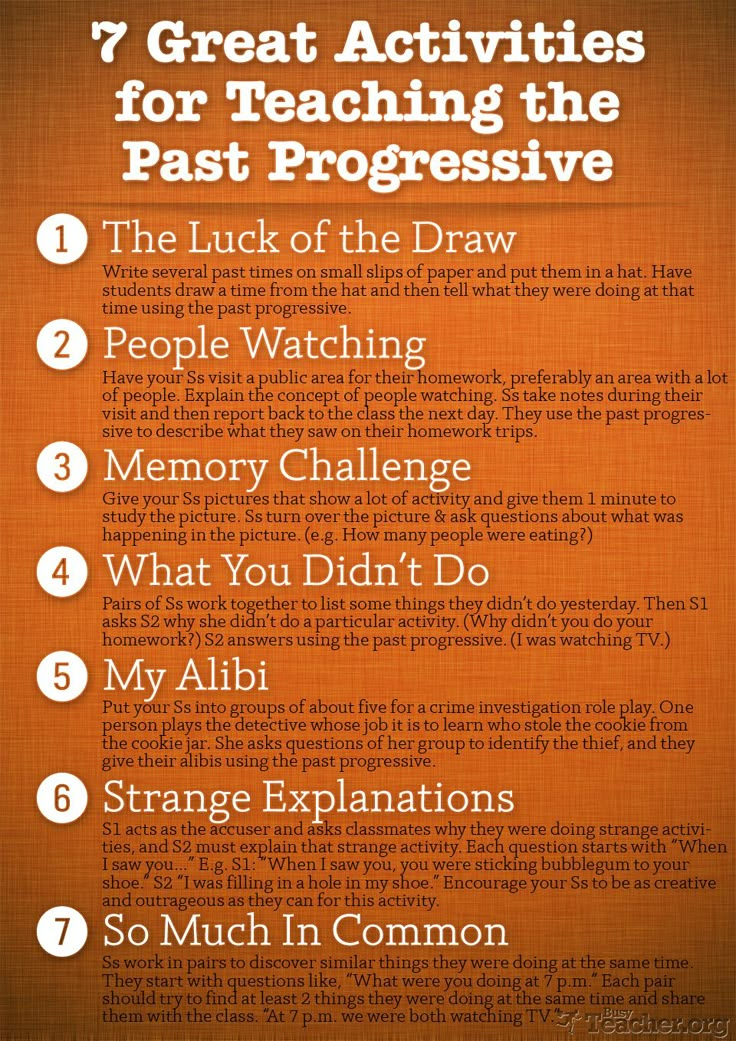 )
)
That's right: Today's teens with smartphones spend a full workday's worth of time—plus overtime!—online. And, as you'll learn, spending a lot of time online is a recipe for feeling terrible about yourself. And if you suffer from smartphone addiction yourself, check out these 20 Great Ways to Kill Time without a Smartphone.
Suffering bullies is easily one of the worst things about being a teenager. But it's gotten so much worse for the modern teen, because bullies can now get to bullying 24/7, thanks to the Internet.
Yes, bullies can now practice their craft at any time or place, not just during school hours. But we're not talking about just name-calling, taunting, or lunch-money theft. No, one of the worst forms of cyberbullying is the insidious spreading of false information that can damage not only someone's self-esteem but also his or her reputation. According to StopBullying.gov, "A negative online reputation, including for those who bully, can impact college admissions, employment, and other areas of life.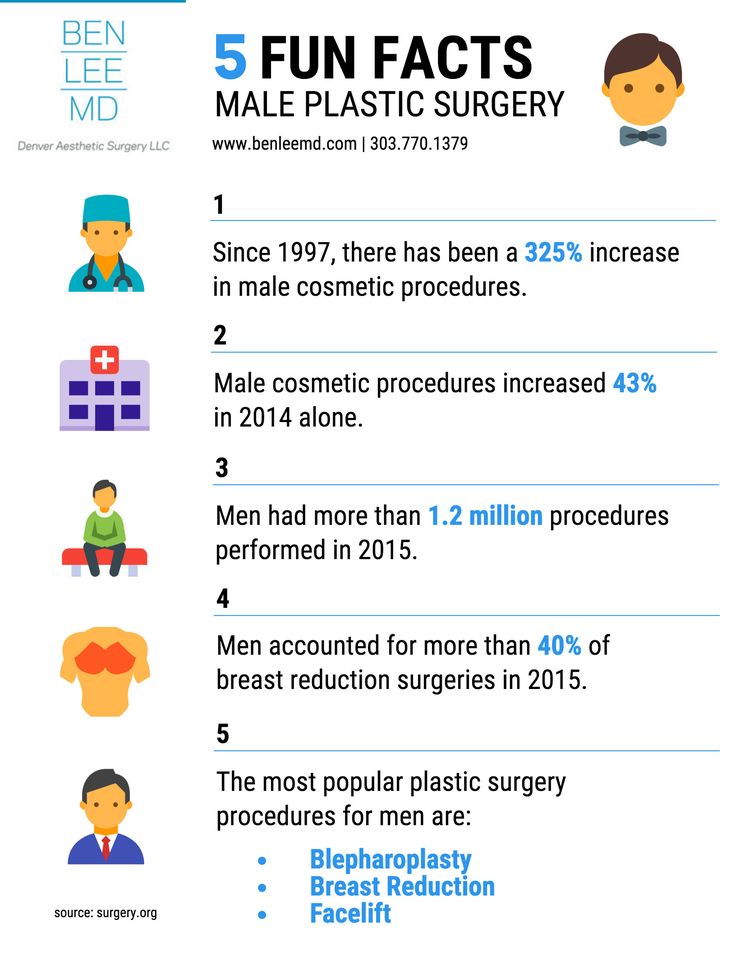 "
"
That's right: cyberbullying for all parties involved can have consequences that truly echo through life well into adulthood. Yikes! And if you want to learn more about the negative effects of social media, learn the 20 Ways Social Media Stresses Us Out.
ShutterstockIf you want to get into a great college in 2018, you need an application with a lot more on it than a great SAT score, a solid GPA, and maybe or sport or two. Teens these days have to juggle countless extracurricular activities covering a variety of disciplines if they want to distinguish themselves from their peers in admissions offices across the nation.
But like so many things in life we think makes perfect sense—"more extracurriculars can't be a bad thing, right?"—the truth is vastly more complicated.
In fact, recent studies have shown that the burden of all these activities on young teens can be too much. "We are concerned that students in these selective, high pressure high schools can get burned out even before they reach college," said Noelle Leonard, Ph.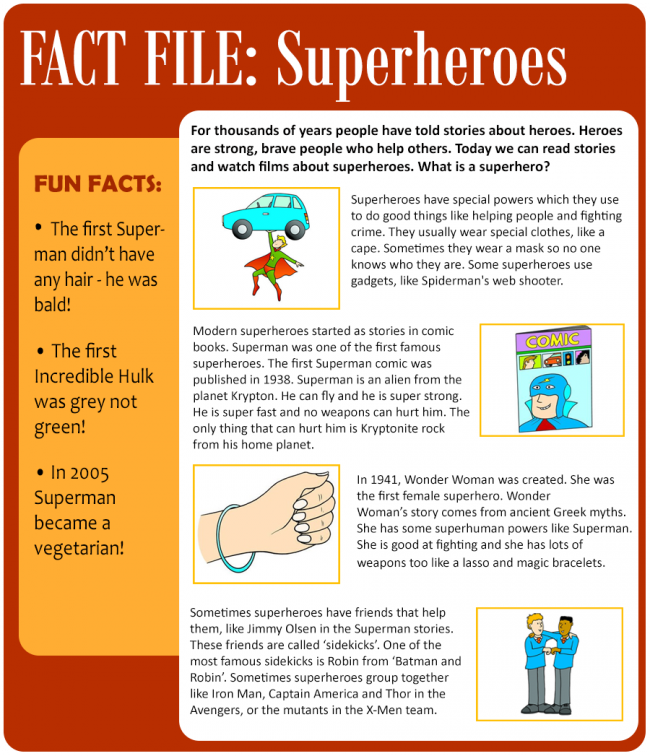 D., a senior research scientist at the New York University College of Nursing (NYUCN). "School, homework, extracurricular activities, sleep, repeat—that's what it can be for some of these students."
D., a senior research scientist at the New York University College of Nursing (NYUCN). "School, homework, extracurricular activities, sleep, repeat—that's what it can be for some of these students."
Nothing hurts quite as much as the first time you fall hard for somebody until, one day, they reach into your chest, pull out your still-beating heart, and throw it to the floor before stomping on it repeatedly. Hey, it happens to the best of us. But that time your girlfriend or boyfriend dumped you at the school dance? Or in the school parking lot? Or at the drive-in? Guess what? That doesn't happen anymore.
Today, kids don't even go as a far as to even tell the other person they're breaking up with them. No, they get ghosted. Or they engage in some "breadcrumbing." There's also "orbiting," "phubbing," "benching," and "cushioning." Don't know what those are? You're not alone. Here are the 20 Online Dating Terms Older People Don't Know. Just know that young love today has never been so complicated or painful.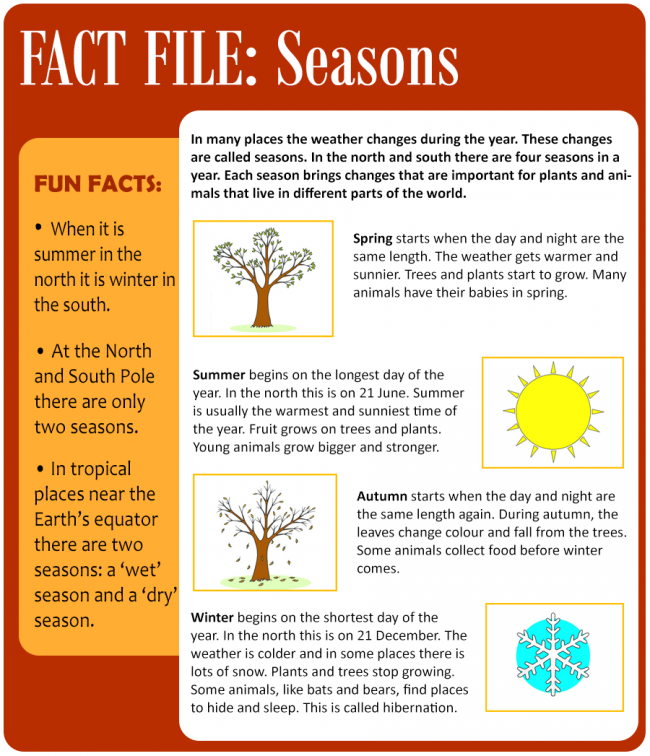 I honestly wouldn't wish it on my worst enemy.
I honestly wouldn't wish it on my worst enemy.
Today's kids don't think it's unusual to go to school and see armed security guards, metal detectors at every entrance, and policemen who walk them through active shooter drills. Even more sobering: According to a Pew Research survey, 57 percent of modern teens are either very or somewhat worried about a school shooting happening at their school.
Teens love their earbuds, but they're not always careful with the volume control. Studies have indicated that one in every five U.S. teens already has experienced hearing loss. How terrifying!
A survey in the U.K. found that 60 percent of young teens felt the pressure to "look perfect" on social media. According to other reports, social media has been credited for helping spur the sharp rise in eating disorders in recent years.
"We do know that in some cases the trigger [for an eating disorder] can be abuse in childhood," Sue Minto, head of ChildLine, told The Independent. "We also know that the 24/7 nature of social media places huge pressures on our children and young people which in turn can lead to significant emotional issues. And society is increasingly bombarded with celebrities and airbrushed images which give an impossible view of what 'beautiful' is."
"We also know that the 24/7 nature of social media places huge pressures on our children and young people which in turn can lead to significant emotional issues. And society is increasingly bombarded with celebrities and airbrushed images which give an impossible view of what 'beautiful' is."
Every kid dreams of being a beloved celebrity one day, whether it's acting, playing sports, or becoming an astronaut. But in today's day and age, being famous isn't just a fun daydream to pass the time.
No, today's kids experience an immense amount of pressure to garner as many followers and likes as they possibly can, building their "brand" from an early age. Even more intense: countless kids these days host their own YouTube shows and actively compete for millions of followers. And when you were 16 years old, you thought your science project was stressful!
ShutterstockParents are hardwired to embarrass their kids, but at least back in a pre-Internet age, they had limited opportunities to do so. But now all parents are on social media, finding new ways to mortify their teen children in front of their friends. Is there anything as horrifying as Dad "liking" (or heaven forbid, commenting on) a photo of you and your teen pals?
But now all parents are on social media, finding new ways to mortify their teen children in front of their friends. Is there anything as horrifying as Dad "liking" (or heaven forbid, commenting on) a photo of you and your teen pals?
Fact: If a teenager has done something stupid, it was probably to impress another teenager. There's no other way to explain the "Tide pod challenge," the very real social media trend that involved teens biting into laundry detergent packets and gnashing on them before spitting out the remains.
ShutterstockWhile the life of a teenager might seem carefree compared to the average adult's, they actually process the information around them differently.
Adriana Galván, a researcher at the University of California who has studied teenage anxiety, said in an interview that teenagers "experience stress as more stressful."
Remember: Their problems might seem insignificant to you, but inside their heads it's THE WORST THING THAT EVER HAPPENED!! And for more ways to relieve stress (even teenage stress), check out these 10 Secrets for Beating Stress in 10 Minutes (Or Less!).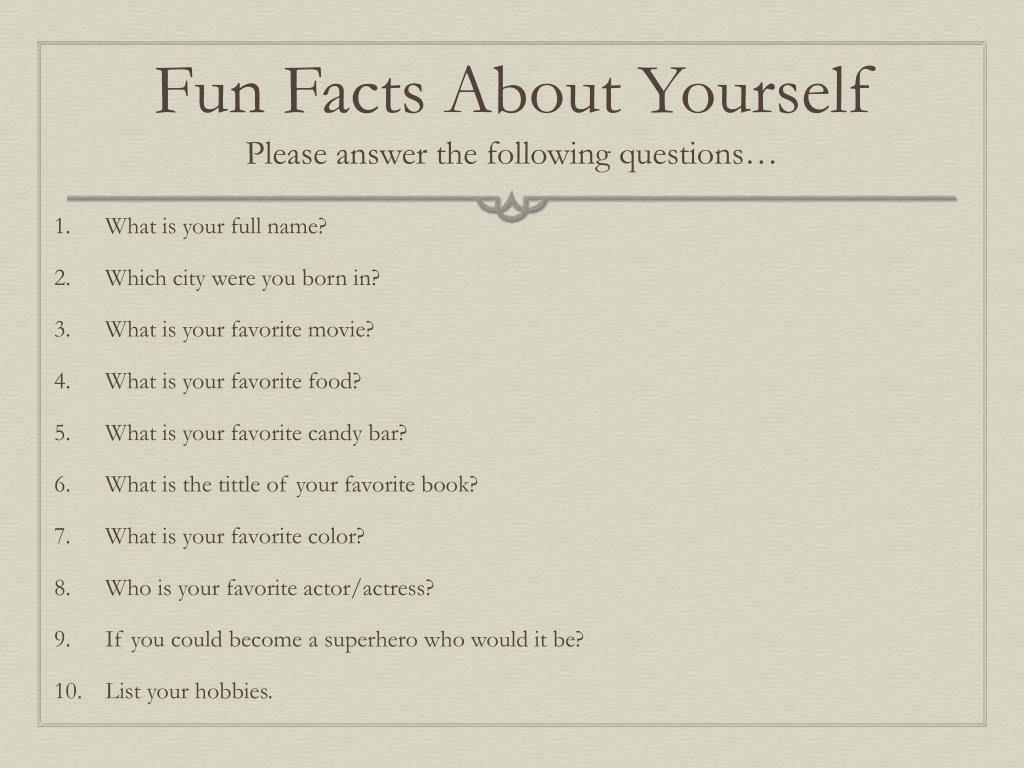
In retrospect, Saved by the Bell and Beverly Hills: 90210 seem so quaint. Just look at a series like The Secret Life Of The American Teenager. It was on the air for five years, and it had a character who got married twice before graduating high school. Or how about all the cool kids who dabbled in homelessness on teen dramas, such as Jughead on Riverdale, Caleb on Pretty Little Liars, and Jess on Gilmore Girls?
Today's angsty teen TV delivers more angst than the angstiest of '90s-era TV shows could dream of mustering. Truth be told, it's great that these shows are exploring important, real-life issues. But where's the escape? It's no wonder everyone just wants to watch comic-book movies! And for some totally mindless teen entertainment, here are the 40 Greatest Teen Movies Ever—Ranked.
Researchers from Korea University in Seoul conducted MRS scans on teens diagnosed with Internet or smartphone addictions, and found that all that screen time was altering their brain chemistry.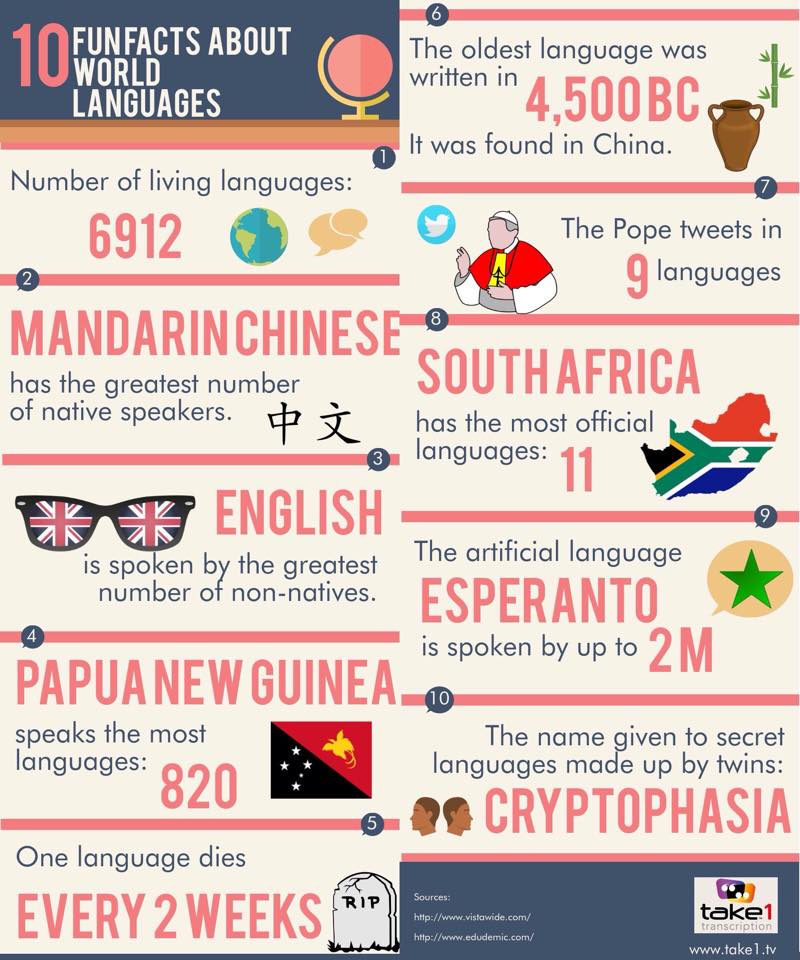 They had increased levels of a neurotransmitter in their anterior cingulate cortex that inhibited or even slowed down their brain signals. We're not going to throw around loaded accusations like "texting is making teens dumb." That would be mean. But their MRS scans are kinda calling them dumb.
They had increased levels of a neurotransmitter in their anterior cingulate cortex that inhibited or even slowed down their brain signals. We're not going to throw around loaded accusations like "texting is making teens dumb." That would be mean. But their MRS scans are kinda calling them dumb.
According to some reports, the cost of college has tripled in the last 30 years, averaging at about $34,000 a year. And that's if you go for something middle-of-the-road. Don't even think about enrolling in an Ivy League school unless Daddy is rich or you're planning on winning the lottery. This is the kind of thing that keeps a teenager awake at night, and it's reason one New Jersey teenager sued her parents for tuition costs.
ShutterstockAccording to some stats, nearly "30 percent of all data transferred across the Internet is porn." Though scientists are still arguing about whether this is good or bad for teens on the whole—and so far the data remains unclear—several authorities argue that the vast sea of pornography that's always one click away isn't good.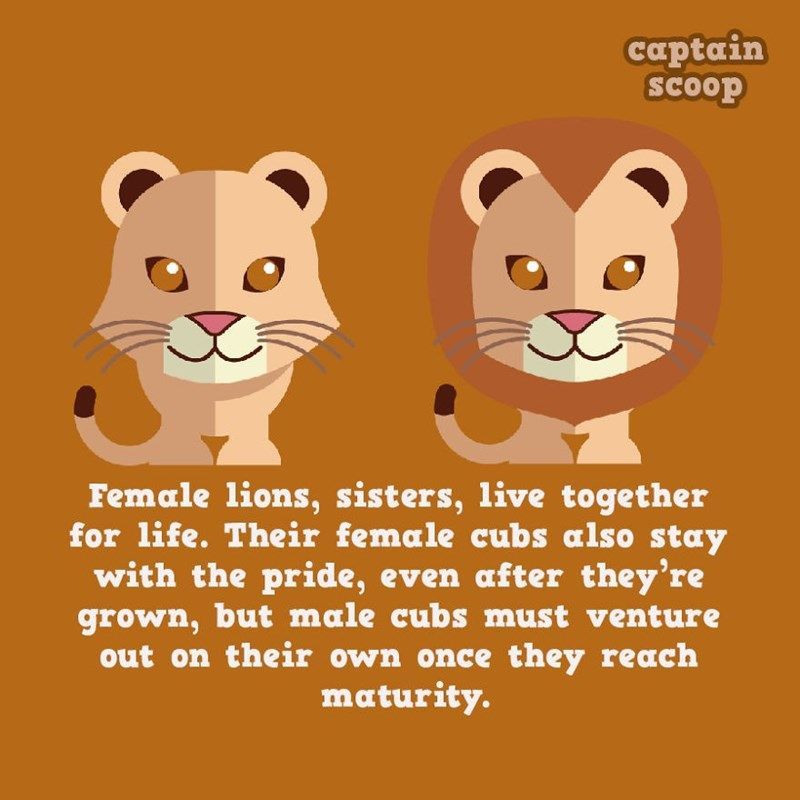
According to the Child Mind Institute, pornography (at the very least) teaches kids an "unrealistic depiction of bodies, sex, and relationships," and that it can "skew a young person's views of the same."ae0fcc31ae342fd3a1346ebb1f342fcb
ShutterstockModern teens are smart enough not to smoke cigarettes because they know it can kill them. Instead, they're addicted to JUUL, a highly potent e-cigarette that might be killing them, but nobody really knows yet.
Since 2015, sales for JUUL are up almost 900 percent, as e-cigarettes have out-paced traditional cigarette smoking in the United States. "I don't recall any fad, legal or illegal, catching on in this way," Meg Kenny, the assistant head of school at Burr and Burton Academy in Manchester, Vermont, told Vox.
The article then observed: "Students at her school are Juuling in bathrooms, in class, and on the bus. Because it's against the school's rules, they hide the devices in ceiling tiles and in their bras and underwear.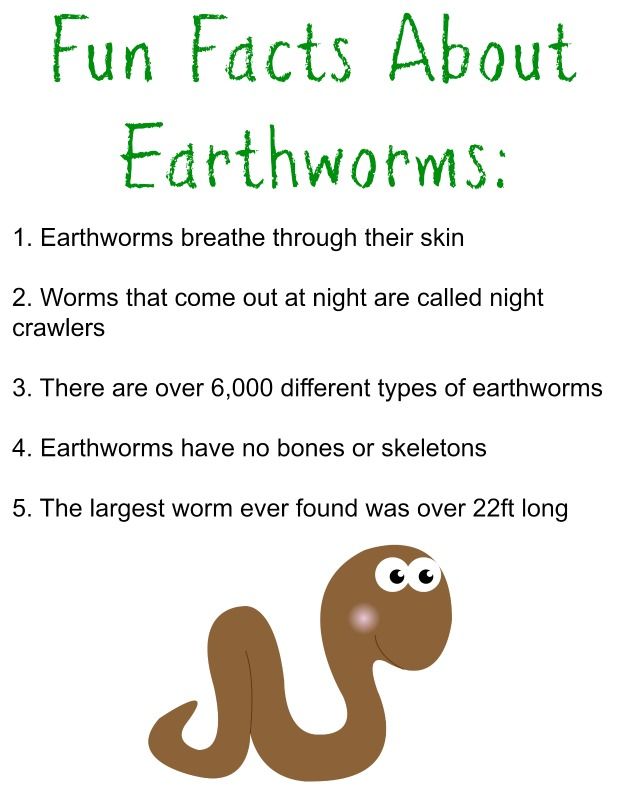 "
"
It's not just that they don't feel like doing their chores and finishing their homework and emptying the dishwasher. Their brains just don't work like that.
In a 2005 study published in the medical journal Child Development, researchers found that teenagers have "cognitive limitations"—namely, the part of their brains responsible for multitasking has yet to be fully developed. They'll eventually get up to speed, but for now, they can barely focus on just brushing their teeth without getting distracted.
As their bodies start to change and they're brimming with raging hormones going off like Molotov cocktails, teenagers have a tendency to sweat. Like a lot. In fact, science shows that excessive sweating, also known as "hyperhidrosis," really kicks into high gear in adolescence.
ShutterstockAccording to the Centers for Disease Control and Prevention, six teenagers die each day, on average, from auto accidents in the U.S. alone.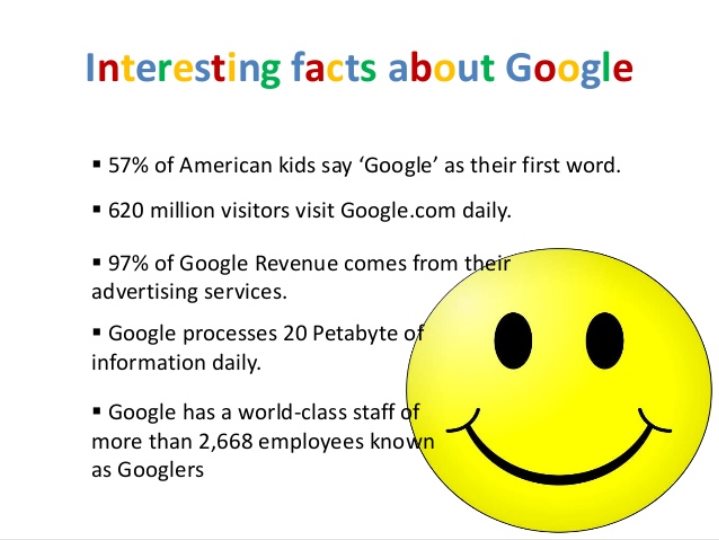 In fact, University of Minnesota researcher Nicole Morris once warned, "If you're going to have an early, untimely death, the most dangerous two years of your life are between 16 and 17, and the reason for that is driving."
In fact, University of Minnesota researcher Nicole Morris once warned, "If you're going to have an early, untimely death, the most dangerous two years of your life are between 16 and 17, and the reason for that is driving."
It's not that teenagers are incapable of operating a motor vehicle, it's that they're incapable of operating a motor vehicle when there's another teenager sitting next to them. Studies have shown that the odds of a teenage driver getting into an accident jumps by 44 percent when they have a friend in the passenger seat.
Another study, this one at Temple University, found that teenagers playing a driving video game were 40 percent more likely to run a red light and 60 percent more likely to crash if they thought another teenager was "watching" them. And for more ways to ensure that you raise the best teen you can, check out these 6 Helpful Tips for Raising Teenagers.
ShutterstockA 2016 study found that teen depression is up a whopping 37% since 2005.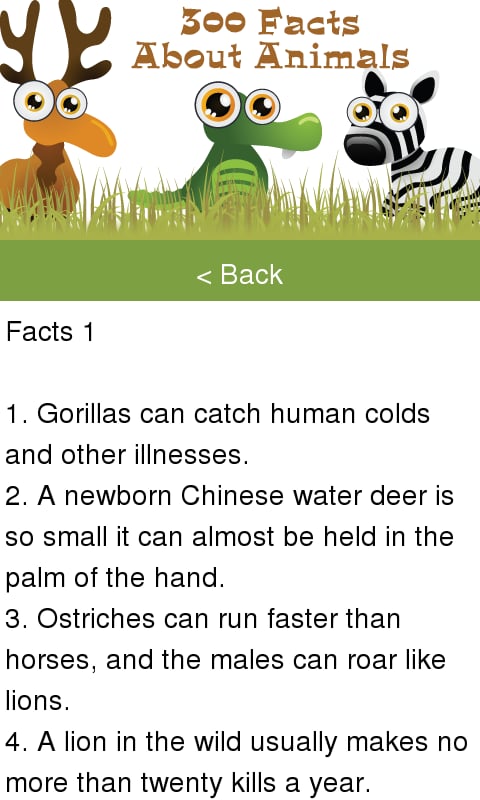 What are they all so sad about? Well, pretty much everything you've just read about. For ways parenting has changed over the years, check out 20 Ways Parenting is Different Than It Was 20 Years Ago.
What are they all so sad about? Well, pretty much everything you've just read about. For ways parenting has changed over the years, check out 20 Ways Parenting is Different Than It Was 20 Years Ago.
To discover more amazing secrets about living your best life, click here to sign up for our FREE daily newsletter!
Interesting facts about teenagers | Mamovedia
In order to understand teenagers and guide them towards a brighter future, the first step to take is to leave stereotypes behind. And try to understand how their mind works.
In our culture (like many others) adolescence is perceived as a "delicate" and difficult age , a "shaky" bridge between immaturity and adulthood.
According to Daniel J. Siegel, MD, professor of psychiatry at the University of California, this image is simplistic and does not pay enough attention to a period of change, even if it is complex and disorienting.
Daniel J. Siegel has been researching children, adolescents, and families for many years in his latest book, The Teen Mind.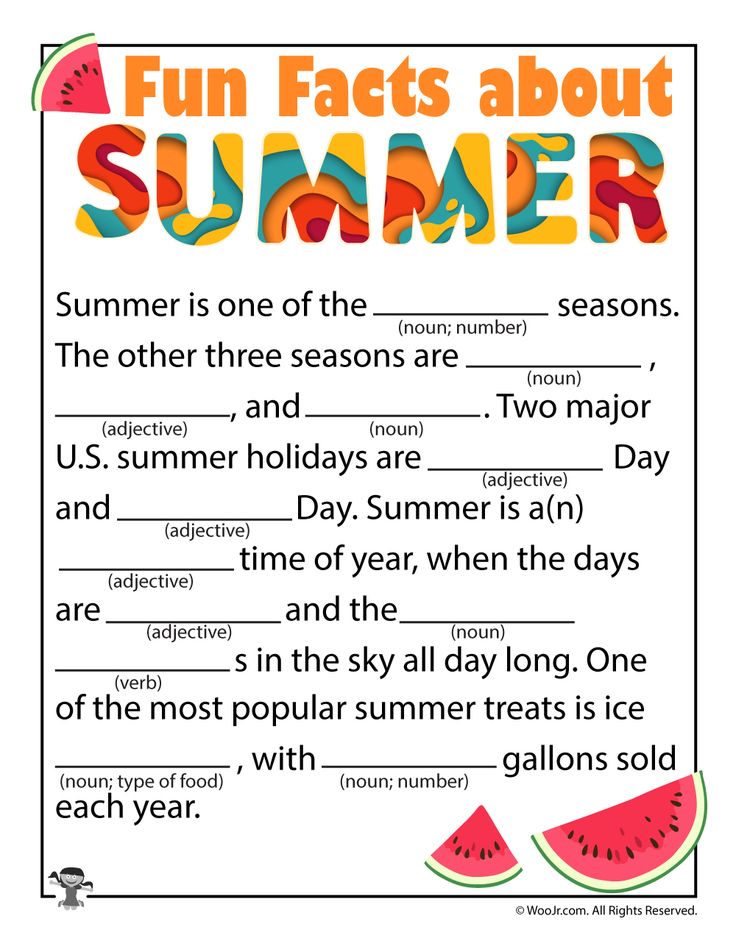 It will be the starting point to learn how neuroscience helps to understand children.
It will be the starting point to learn how neuroscience helps to understand children.
Here are 10 things to know.
1. Forget the myths and clichés about adolescence: hormones are not always responsible, and the desire for independence in adolescents should be properly understood.
Topping the list of myths about teenagers is the idea that "crazy" hormones are responsible for "unsettling" young people in this age group. In fact, this is not at all the case. The increase in hormone levels is not the cause of what happens during adolescence, but instead, changes in brain development have a strong effect. Equally false is the belief that adolescence is just a phase that must be "endured" with great patience on the part of the family. Instead, is a crucial age, fundamental to the expression of all the potentials that underlie a rich and fulfilling adult life.
Even the issue of independence is not perceived in the right way: every teenager is "separated" from the family, but growing up normally does not mean "burning bridges" with adults. Of course, friends are becoming more important and relationships with parents are changing, but they need to be transformed into a form of interdependence. With this term, the author means to move from the need for care, typical of childhood, to a gradual removal from the family, in order to eventually come to mutual assistance with parents.
Of course, friends are becoming more important and relationships with parents are changing, but they need to be transformed into a form of interdependence. With this term, the author means to move from the need for care, typical of childhood, to a gradual removal from the family, in order to eventually come to mutual assistance with parents.
2. Adolescence: A tsunami of brain changes that brings both risks and opportunities.
The main aspects that distinguish adolescence are associated with natural and completely normal changes that occur in the brain. Between the ages of 12 and 24 there is an intense growth and maturation that is unparalleled at other stages of life. In early adolescence, changes in the brain predispose to four mental characteristics: novelty seeking, social engagement with peers, high emotionality, and creative exploration.
Counteracting the basic traits of adolescence will be like trying to curb the natural impulse of a waterfall. For this reason, it is very important that adults do not block children, destroying every opportunity for communication, which is very important at this stage of existence . The best way is open dialogue, which can prevent the negative epilogues of some dangerous teenage behavior.
For this reason, it is very important that adults do not block children, destroying every opportunity for communication, which is very important at this stage of existence . The best way is open dialogue, which can prevent the negative epilogues of some dangerous teenage behavior.
3. Appreciate creativity by controlling "destructive tendencies".
According to an American professor, understanding how children's brains work, it is very important to be able to use the potential to make positive decisions and make constructive changes in our lives. In fact, the phase between the ages of 12 and 24 is the most dangerous of life: radical changes in this period can create problems with catastrophic consequences . However, for the psychiatrist, this "revolutionary inclination" also has very positive consequences.
A teenager's rejection of what is safe and familiar is like a double-sided coin. On the one hand, the tendency to move away seems to be written in the genes; it is what makes us go at full speed along the path of life.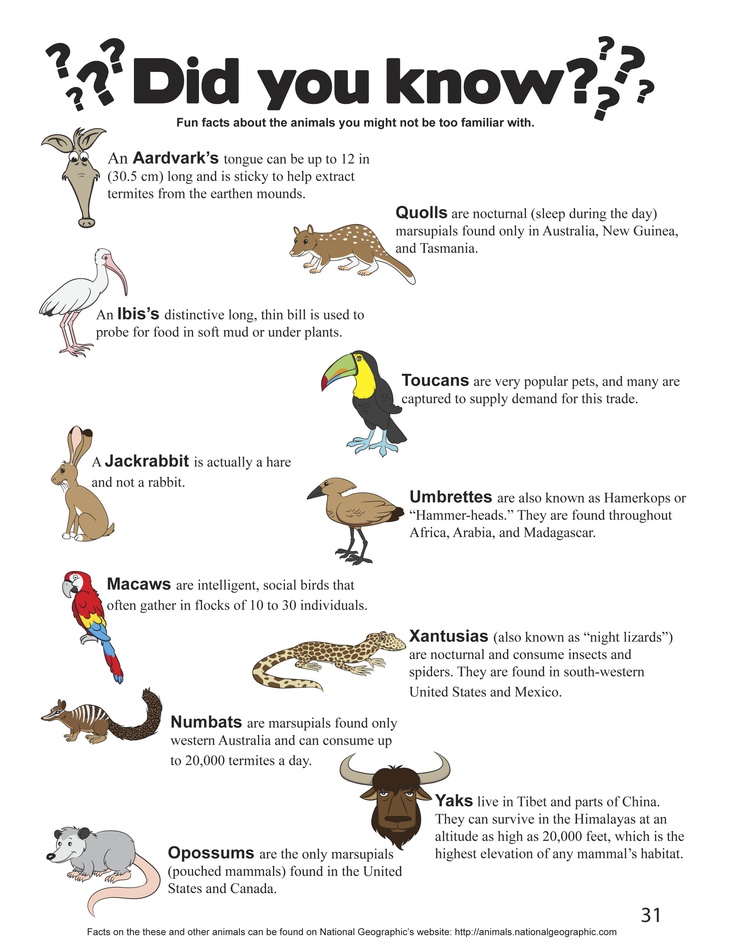 This is the destructive side of the coin that we must try to control in order for children to grow up safely and “fly away” from home. But it is equally important to appreciate the other side of the coin, the constructive one, because “rebellion” against tradition and the status quo can give rise to original ideas and creative solutions .
This is the destructive side of the coin that we must try to control in order for children to grow up safely and “fly away” from home. But it is equally important to appreciate the other side of the coin, the constructive one, because “rebellion” against tradition and the status quo can give rise to original ideas and creative solutions .
4. Why are teenagers so risky? Guilt in the brain. The search for dopamine and impressions.
When a boy decides to "have fun" in a way that is very dubious for an adult (for example, drinking like a sponge at a party), he is not immune to the consequences. During adolescence, increases the activity of brain circuits that use dopamine, a neurotransmitter that plays a fundamental role in generating the impulse to seek satisfaction . As a result, an increase in the release of dopamine leads to the fact that teenagers are very attracted to the experience, which gives a strong sense of excitement and euphoria . It is because of this feeling of great "satisfaction" that another effect associated with the release of dopamine is a greater propensity to develop addictions, a very "critical" factor common in adolescence.
It is because of this feeling of great "satisfaction" that another effect associated with the release of dopamine is a greater propensity to develop addictions, a very "critical" factor common in adolescence.
5. Teenagers usually act without thinking. But at some point, the brain “turns on” and stimulates these impulses.
The desire to seek satisfaction in adolescence is also expressed through impulsivity. In fact, often a teenager acts without thinking deeply, lives "pressing on the accelerator." Add to this the importance of peer relationships and the desire for acceptance, and we can understand why, for example, a guy might want to dive into a sea of rocks, with friends, in the rain . Fortunately, at some point the brain makes the guy "slow down". This is the merit of special nerve fibers, which, while developing, restrain such impulses. They seem to make a "pause for reflection" between desire and action.
6. The "push" to search for strong emotions depends on "irrational" thinking: the teenager looks more at individual facts than at the big picture.
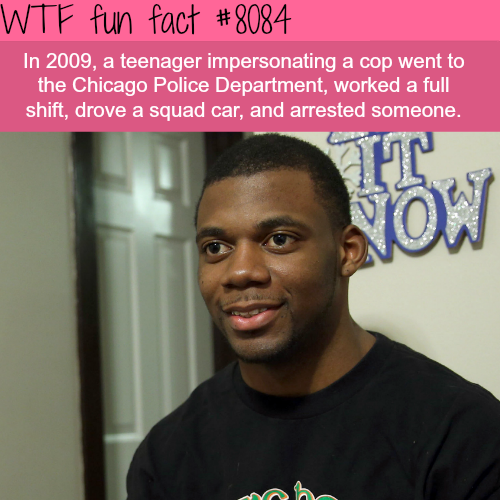
Boys have a way of thinking that tends to take things literally, analyzing only isolated facts. This is called irrational thinking, which emphasizes the benefits of a behavior rather than the potential risks . Basically, irrational decisions, impulsivity, and dopamine-induced gratification are some of the main causes of risky behavior.
7. An irrational thought helps not to block oneself before making a choice.
All changes in the adolescent brain - even at the basis of some dangerous behavior - should not be viewed only in a negative light. Irrational thought, for example, is also necessary for to face the fear associated with 's separation with calmness. After all, every choice involves a small risk. Deciding where to study, move away from family, get a job done, change friends, or dive into sports also requires the ability to not "slow down" in scrutinizing the pros and cons (as an adult would).
8. During adolescence, neurons and their circuits decrease.
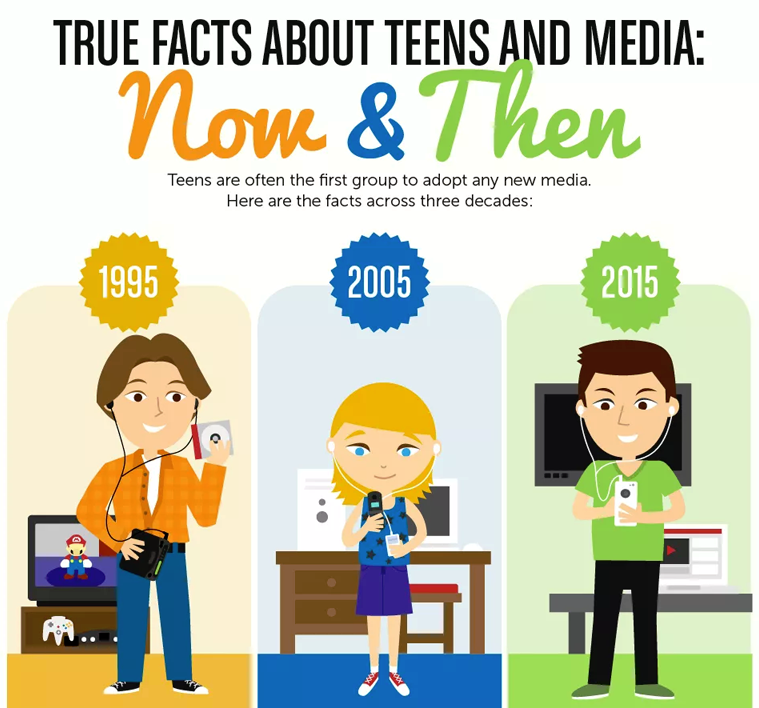 And the brain focuses on strengths.
And the brain focuses on strengths. The brain reacts to how we focus our attention on our activities. The more the circuit is used, the stronger it becomes, the less it is used, the more likely it is to be eliminated during adolescence. This is why, for example, it is better to learn how to play a musical instrument during childhood (or before the end of adolescence): if you do not practice this skill, the brain will eventually eliminate it .
9. Great opportunities for youth: teenagers should experiment.
Experimenting is in the blood of teenagers. If adults block such desires and prevent the manifestation of a passion for novelty, children isolate themselves. Therefore, it is a real challenge for adults to perceive the abilities and potentials of the adolescent mind as strengths, not weaknesses . Respect does not mean not setting limits, but recognizing the intention behind the action.
10. Understanding and Dialogue: A Winning Recipe for Helping Teens.

Adolescent behavior, like rejection and rebellion, seems to be a test for the family, and is practically written into the DNA. This is a universal behavior that is "guided" through good dialogue. Therefore, the minimum goal of every parent is to help the child live through these years without causing serious harm to himself or others. Even the most difficult situations become manageable with cooperation between generations.
It is necessary to know when it is better to speak or be silent, to set limits or allow, to be there in moments of uncertainty and comfort when something goes wrong . Getting the right idea of how teenage brains work is a valuable resource for coping with the challenges of every day.
Interesting facts about teenagers that will help you understand them better ⋆ SOVA.Today
Not only hormones
Adults are used to explaining almost any teenage act, desire, word with raging hormones. Indeed, the hormonal background in the pubertal period changes greatly, puberty occurs, but this is not the only thing that determines the behavior of a teenager.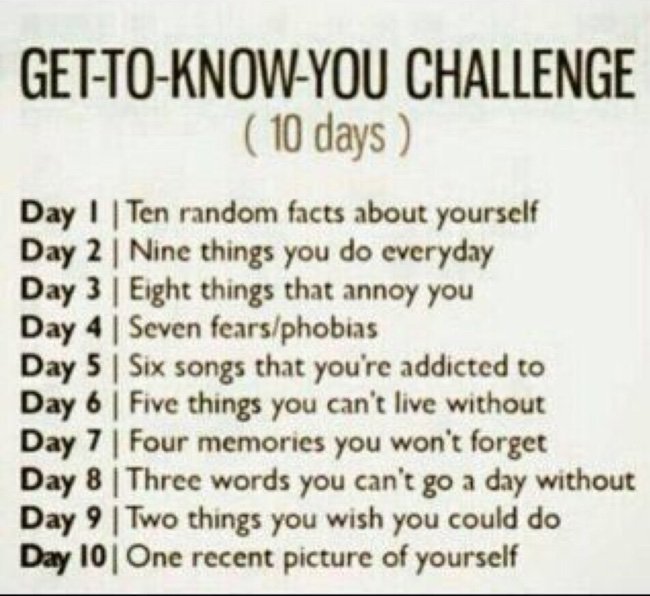 For example, at the age of 12 to 24, the brain develops very intensively, which pushes a person to search for something new, self-knowledge, experiments (including with appearance). Also, one should not forget about the character, which by adolescence has already been practically formed, about the personal qualities of the child, relationships in the family and school - all this affects his behavior and decision-making. And not just hormones that need to be "waited out".
For example, at the age of 12 to 24, the brain develops very intensively, which pushes a person to search for something new, self-knowledge, experiments (including with appearance). Also, one should not forget about the character, which by adolescence has already been practically formed, about the personal qualities of the child, relationships in the family and school - all this affects his behavior and decision-making. And not just hormones that need to be "waited out".
Adult non-adult brain
Around the age of 11-14, the human brain stops growing. But don't evolve! That is, the brain of a teenager is already quite adult in size, but it is wrong to demand only adult decisions from him. The fact is that the prefrontal cortex of the brain, which is responsible for the critical perception of reality, a realistic assessment of one's own actions, and the calculation of risks, fully matures only by the age of 20+ years. Therefore, teenagers so often take rash risks, fall under the influence of others and are very prone to bad habits. They simply do not think about the consequences and cannot assess the real picture of what is happening. Therefore, it is impossible to treat a teenager as an adult, to demand fully thought-out decisions from him and to impose great responsibility. Everything should happen gradually. Even if a teenager looks like an adult, his brain has not yet fully matured.
They simply do not think about the consequences and cannot assess the real picture of what is happening. Therefore, it is impossible to treat a teenager as an adult, to demand fully thought-out decisions from him and to impose great responsibility. Everything should happen gradually. Even if a teenager looks like an adult, his brain has not yet fully matured.
Separation from parents
Adolescence is the next stage of separation from parents. It is more interesting for a teenager to spend time with friends, it is easier for him to open up to a complete stranger than to tell his parents about what worries him. It's normal, it's the nature's way. Gradually, the child will leave the family, build his life. But this does not mean that he does not need parental support, warmth and understanding. No need to try to keep the child under your care by force, continue to treat him like a baby. But it is also too early to put an end to the child, completely transferring responsibility for his own life and well-being to him.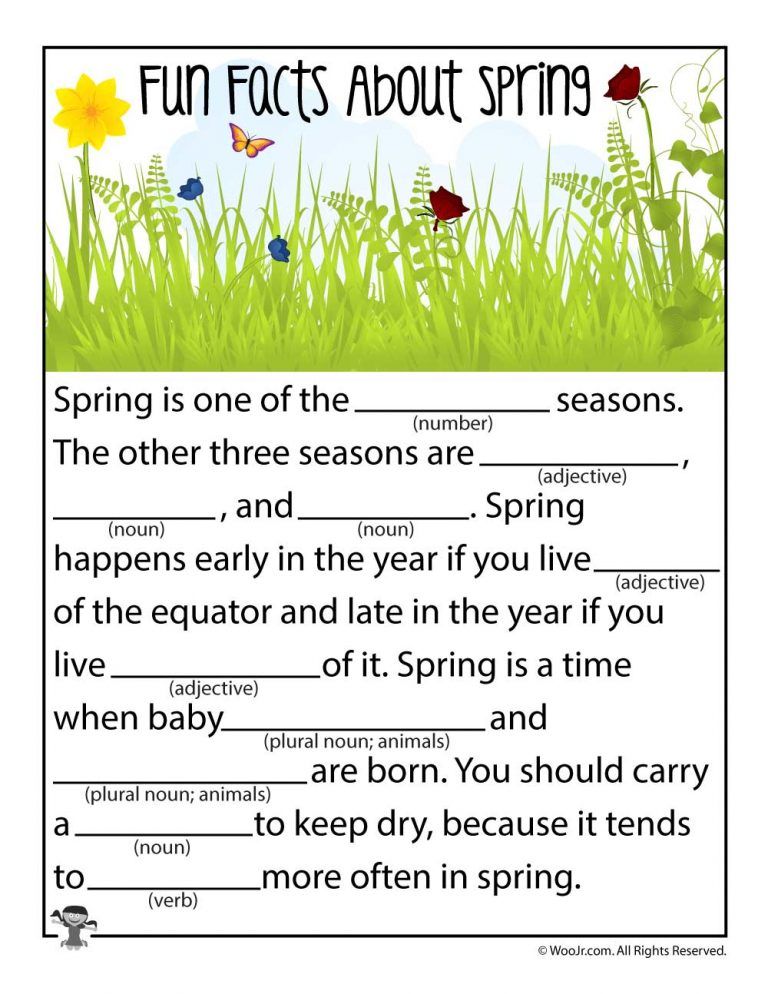
Your task is to create a reliable rear, where a teenager can always return, where he will find understanding and support. Adolescence is the foundation for your future relationship with your child. Will it be an equal relationship between two adults? Or the relationship between an adult and a child who has not been separated? Or no relationship at all? All this is laid in adolescence.
Karolina Grabowska: Pexels
Teen dislike
It is quite common for parents to feel physical dislike for their own teenage children. This is due to the physiological changes of the child. Suddenly, a soft, delicious-smelling baby begins to stink of sweat, his voice breaks, stubble appears ... And now you already see next to you not your favorite baby, but an unfamiliar uncle or aunt. In addition, each of the parents may have an element of competition with a child of the same gender. In the animal kingdom, the puberty of a cub is an excuse to push it out of the nest.
